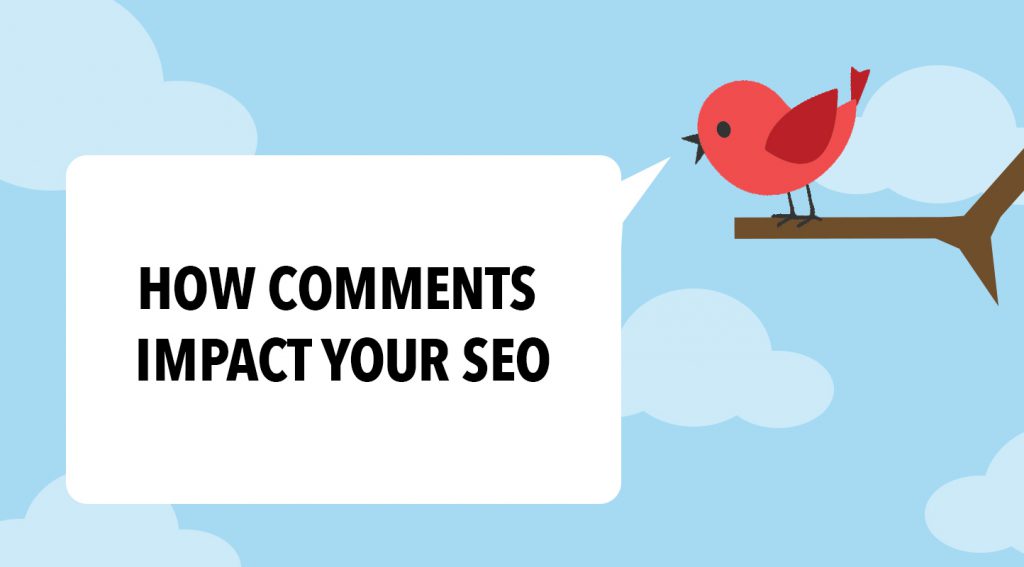One of the most important aspects of SEO is the length of page copy. According to a study done by SERPIQ, the more you write, the higher your page will rank in search engines.
As a rule of thumb, pages with over 1200 words tend to rank the highest. Lengthy and detailed posts attract more backlinks and shares. Additionally, the amount of time a site visitor spends on your page is a ranking signal for search engine optimization.
But before you run to your keyboard to add in all that extra fluff to your page, check this out.
Where SEO is concerned, comments count as page content!
That’s right, the more high quality comments your posts get, the more content that the search engines read on your page and the higher your post will rank in search engines.
High quality comments, characterized by relevant comments that are keyword rich, help to improve your keyword variation, increase how much value the search engines view your post receives, and greatly increases your on page word count.
Google wants to promote content that’s live and kicking so the more comments and interactivity your posts are getting, the more value that search engines perceive your posts to have – and the higher your page will rank. Comments with live links and user engagement are also excellent for SEO.
Not all comments are high quality comments though. Some are spam links to other websites, and left unmanaged by your website admin these low quality comments can actually hurt your on page SEO. These comments are usually characterized by having a low word count with little to no keyword value. Comments like “great post” or “thanks” fall under this category, as do any comments with links to unrelated websites and products.
Comments with broken links can also negatively affect your SEO as they work against search engines’ desires to promote relevant content. Old blogs with no recent interaction featuring irrelevant comments can also hinder your SEO.
While more content is good, relevant content is better. Don’t feel bad about weeding out unnecessary comments as long as they don’t contain valuable keywords or live, relevant links.
A case study done by Harsh Argwal shows the impact that comments had on his post’s rankings. After deleting existing comments, Argwal switched from one comment system to another. He found the SEO ranking of his post dropped by a whopping 40% within 2 days. After reverting to his former comments system, Argwal’s posts moved back to its former ranking in the search result.
In short, comments have a huge impact on your SEO.
While writing blog posts for your company, encourage discussion among your readers. Ask relevant questions and promote interesting, keyword rich answers. When you do so you help to ensure content that search engines consider valuable.

